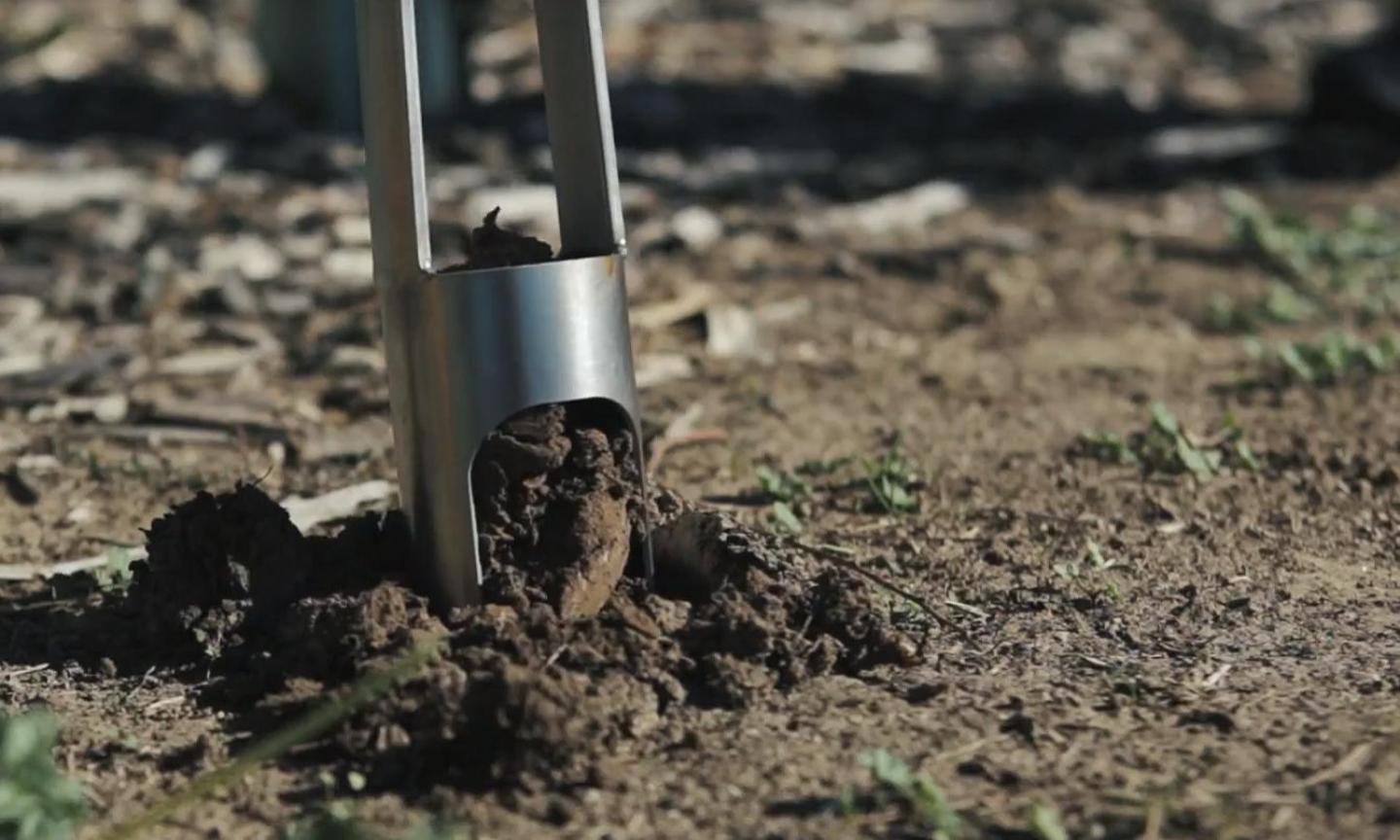A strong relationship between RMIT and the Australian Contaminated Land Consultants Association (ACLCA) has helped improve land contamination management.
As a voluntary industry association, the ACLA works to locate potential knowledge gaps in the land contamination management industry.
A strong relationship with RMIT’s Centre for Environmental Sustainability and Remediation has been the key to filling these knowledge gaps, as ACLCA President Peter Rodgers explains. “We have a great existing relationship with Centre Director Suzie Reichman. Once we get a research-focused idea off the ground, we get in touch with her to find candidates at the honours or PhD level to help.”
“Suzie is really great at coming to us with potential ideas for new projects too – which is ideal because as a voluntary organisation it is sometimes hard to find the time to come up with research projects,” Rogers said.
“The Centre is also very proactive at getting in touch and giving us updates. Their researchers come in once or twice a year and present to our membership about how the work is progressing,” Rogers said.
ACLCA is currently providing funding for three different projects with the Centre. It is funding an undergraduate student to investigate hydrocarbon contamination – comparing old and new methods for looking at concentrations of hydrocarbons in soil.
It is also supporting research into Australian concentrations of PBDEs – an emerging contaminant recently included in the revised National Environmental Protection Measure. The research project is being lead by RMIT’s Brad Clarke, and the ACLCA is providing funding towards analytical costs along with technical guidance.
ACLCA’s major collaboration with the Centre is on the “Background concentration of heavy metals in soil – drivers and geochemical patterns,” project. This involves researching soil characteristics and discovering patterns of chemical markers in soil that indicate whether or not it is polluted.
“Getting this project off the ground and being able provide funding to it will be a huge win for the industry as a whole,” Rogers said. “The outcome will be a peer-reviewed reference journal piece. We will be able to use the research to identify naturally occurring elevated concentrations of heavy metals.”
“This has the potential to reduce costs associated with remediating heavy metals contamination and provide savings to consultants and ultimately land developers.”
“It will provide certainty to us in that what we are saying has been scientifically proven, and will hopefully provide potentially large savings to our clients.” Rodgers said that ACLCA’s work with the Centre for Environmental Sustainability and Remediation has so far proved a very sound investment of their membership funds.
“We’ve had a really positive experience with the Centre on the projects we’ve done to date and we are looking forward to further collaboration in the future.”
